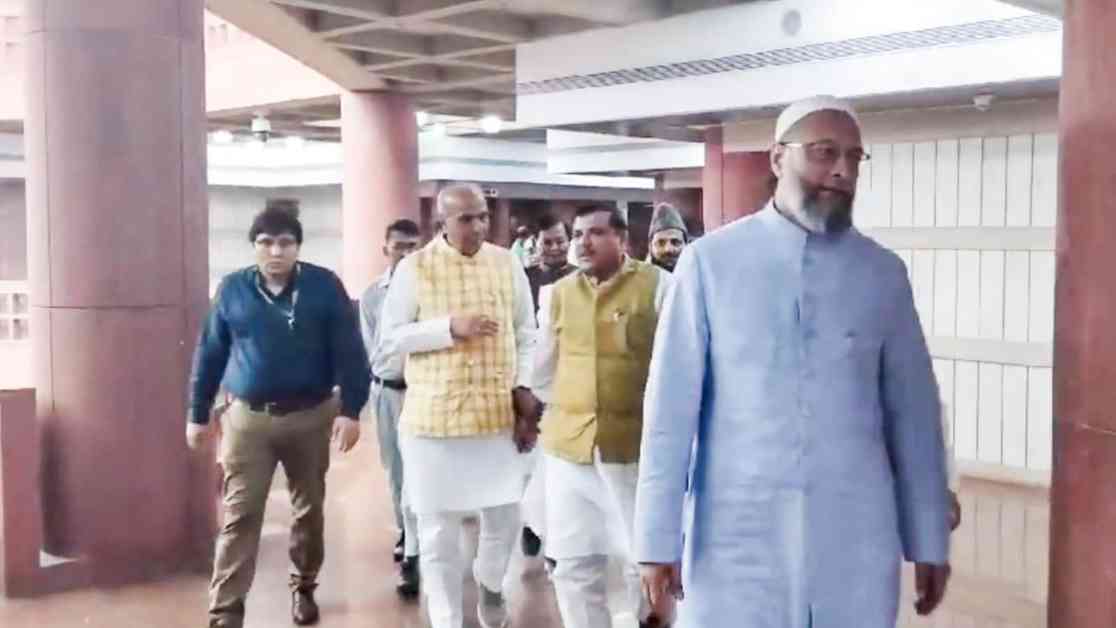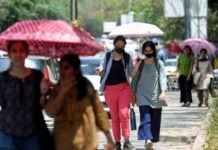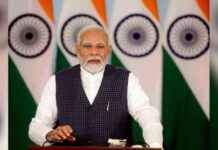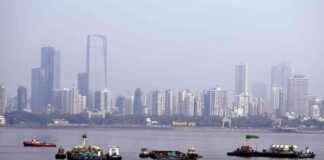Muslim Delegation Strongly Opposes Waqf Amendment Bill in Meeting with JPC
A delegation of Muslim intellectuals, scholars, and representatives of various organizations recently voiced their strong opposition to the controversial Waqf (Amendment) Bill, 2024 during a meeting with the Joint Parliamentary Committee (JPC) tasked with examining it. The delegation argued that the bill is unconstitutional and goes against the interests of the Muslim community.
The JPC, comprising members from different political parties, is currently in Mumbai engaging in informal discussions with various stakeholders to refine the bill. The proposed amendment aims to modify the Waqf Act, 1995, and introduce significant changes in the governance and regulation of waqfs, which are Muslim religious endowments typically in the form of properties used for charitable and community welfare purposes.
During the meeting, tensions escalated between the Muslim delegation and the JPC members, particularly with the head of the committee, Bharatiya Janata Party MP Jagdambika Pal. The delegation expressed their concerns about the bill and requested its withdrawal, citing the opposition of approximately 60 million Muslims to the proposed amendments.
The Muslim representatives highlighted the community’s unified stance against the bill and presented data indicating widespread rejection within the Muslim population. They emphasized the importance of preserving waqf lands as private properties dedicated to charitable causes and welfare activities.
Concerns Raised by the Muslim Delegation
The delegation raised several key concerns regarding the proposed amendments to the Waqf Act. One major issue was the alleged illegal occupation of thousands of acres of waqf land, including encroachments by both central and state governments. Efforts are underway to reclaim these lands, and the delegation urged the JPC to address this issue effectively.
The inclusion of non-Muslim members on the Waqf Board and the removal of the requirement for a Muslim chief executive officer were also points of contention for the Muslim representatives. They argued that such changes could potentially facilitate the occupation of waqf lands, a scenario deemed unacceptable by the Muslim community.
Furthermore, the delegation expressed apprehension about misleading claims circulating on social media regarding waqf boards having vast land holdings comparable to those of the Railways and defense sectors. They called for government intervention to counter such misinformation and ensure accurate representation of waqf properties.
Call for Government Action and Community Sentiments
The Muslim intellectuals urged the JPC to convey the sentiments of the Muslim community regarding the bill to the government and recommend its rejection. They emphasized the need for a comprehensive understanding of the implications of the proposed amendments and stressed the importance of upholding the rights of the Muslim community in matters concerning waqf lands.
The delegation warned that if the bill is passed without due consideration, the Muslim community would be compelled to resist it through constitutional means. They highlighted the significance of waqf lands as sacred properties dedicated to charitable endeavors and expressed hope that their concerns would be addressed by the government.
In August, the BJP-led central government introduced the bill to amend the powers of state waqf boards, conduct surveys of waqf properties, and address encroachments. The move sparked criticism from opposition parties, who deemed the bill unconstitutional and divisive. Consequently, the JPC was formed to scrutinize the bill and is currently gathering feedback from various stakeholders in different cities across the country.
As the JPC continues its deliberations, the Muslim community remains steadfast in its opposition to the proposed amendments to the Waqf Act. The delegation’s engagement with the committee reflects a unified effort to safeguard the interests of the Muslim population and protect the sanctity of waqf lands for future generations.




















